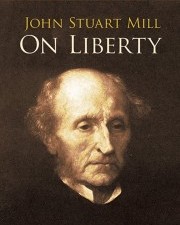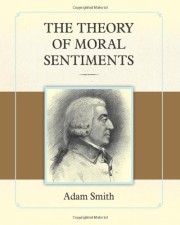Immanuel Kant as a Philosopher of Freedom
Last week, I met with the MVHS students to discuss Section 2 of The Foundations of the Metaphysics of Morals. We looked at the way Kant derived a “categorical imperative” from the idea that morality commands us categorically rather than hypothetically. For instance, morality says “do not murder,” not “if you don’t want to go to jail, do not murder.” […]
Read more

